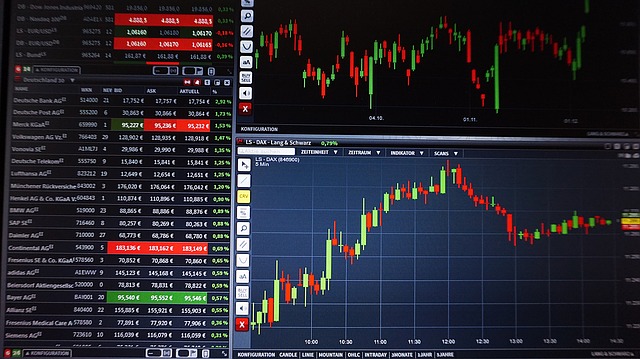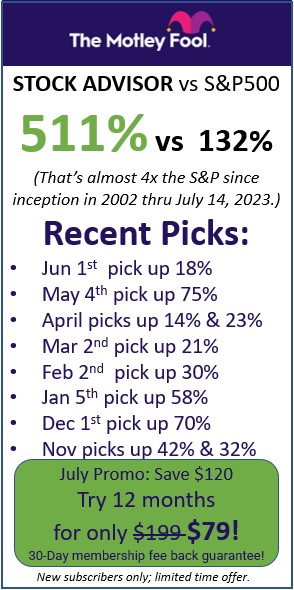Before we start, this is just a note that this is a guide designed for the absolute beginners in trading. How beginner, you ask? Well, we have sat down with an experienced trader to ask the all important questions about trading to teach us, absolute novices, all about the world of trading.
Where does the beginner start? How much do you have to learn? Well, the answer is, PLENTY. In fact, the learnings never end. Not only do you have to keep yourself constantly researching, but you have to be on top of new strategies and possibilities all the time.
So, keeping this in mind, we asked the trader the basic questions that you would have to know to get into the game and how to actually make a profit out of this tricky world.
Why would you go into trading if you have never done it before?
People go into trading for various reasons. You need to make up your mind what the exact reasons are for you wanting to enter the trading space so that you don’t put yourself in a bad position.
Decide what your reasons are for going into trading in the first place. Are you looking to make some extra money to pay for your children’s education, a dream trip or to put away for retirement? Or is this the start of your new, exciting career? Being a local trader and a once a week trader are totally different animals.
Based on your answer, you can start determining what your timeline is in trading.
Are trading platforms important?
Absolutely! There are hundreds of trading platforms out there for you to choose from, but you do need to do some careful research into it as it is quite cut-throat. There are a lot that simply assume that you will lose and take your trades.
What is great is that a lot of the platforms can be accessed through desktop and mobile, and many allow you to build your own personalized trading hub.
If someone was launching themselves into trading for the first time ever, what would your ultimate piece of advice be?
If you are first starting out, the first thing you need to get sorted is a risk management strategy. You can have the greatest indicators and the best strategy on how to trade, but if your targets and what profits you are taking and stop loss orders are wrong, you can still not make money.
So, basically you have to look at trades and see how they have performed in the past and what their historical movement looks like. If you are capable of doing a statistical study on it, do a stat study on what you need your stop level to be and how much loss you can take. You ultimately need to, going into the trade, know what your profit level needs to be and stick to that as rigorously as possible.
Lets chat more about stop loss orders. What is it and what happens if you don’t implement a stop loss order
When you execute a trade and buy something, the market could possibly go against you. This is when you start losing money, which is absolutely normal when trading. The market goes through peaks and dips and you need to know just how much you can take.
At some point you have to know when to exist the trade for a loss and the loss level cannot be higher than what your take take profits are. You have to have a lot higher success rate than losing, which falls within your strategic planning.
How do you personally know when to exit? Markets go through peaks and falls, but what is the biggest indicator
This is where it comes to you getting your trading strategy right and then sticking to it. Once a trader gets a trading strategy that works, most stick to them as long as they making a profit.
If you are looking to take ten ticks on the trade then stick to taking ten ticks instead of having a ten tick stop loss or something along those lines. A tick is essentially the change in trading price from trade. The minimum tick size for stocks trading above $1 is 1 cent.
Setting targets depends on the reason why you are doing the trade. If there is a technical reason for it, you have to make sure that you set your timescale and stick to it. What is a reasonable level to make profit from it to is a question you have to be asking yourself too. Setting this limit is important as obviously everyone wants to make hundreds and hundreds of ticks, but it is not always reasonable all the time.
Market conditions are also one of the biggest determinants of when to stay and when to exit a trade. If there are huge events globally, you will need to be taking it into account. So, for example, if there big events like nonfarm payrolls out of the US, there are usually large moves on the markets. So, if you have a trade at that time, you will need to have a larger take profit because you are risking more because of the increased volatility of the market.
Talking about market conditions, how important is it to keep up to date with what is happening globally?
Wake up and read the news. Go to bed reading the news.
Most of the life of a trader is doing research and keeping the research in front of you while trading in order to make good choices and decisions. Everyone is trying to stay as well informed as possible to not get caught out by buying something that happens on the global scale.
There are tons of accurate and up to date news wires that you can subscribe to. But they are usually quite expensive. Market Squawks have all of the major screens like Bloomberg and Reuters which is always updated. They put out daily calendars and research papers to keep you updated with global events and market movements. Twitter is also great for breaking news for you to keep an eye on, although you need to keep watching the feeds and trends to make sure that it is accurate.
This also depends on what type of time period you are looking at trading over. Locals in the trade arena, which are the regular traders who trade several times a day need to have an in-depth knowledge. Other strategies mean that you only trade a few times a week, and this will mean that you don’t need to be quite as in depth in market movements.
In saying this, it is important to have a proper risk strategy in place as you can land yourself in trouble. Hence why having the risk strategy was the first and foremost most important thing to have before launching your trading career.
To wrap up
In ending, the greatest advice given, is not to follow the pack. Don’t do exactly what everyone else does all the time. Take time to work on your strategy and refine it over time. Take all of the main considerations into mind. Time frames, profit margins, your ultimate risk appetite. Don’t get down when something does not work out and when you see a fall in the market. Keep at it. But also be savvy enough to know when to cut your losses.

 Kraft Foods Puts Deep Cuts On Expenses And Jobs!
Kraft Foods Puts Deep Cuts On Expenses And Jobs!